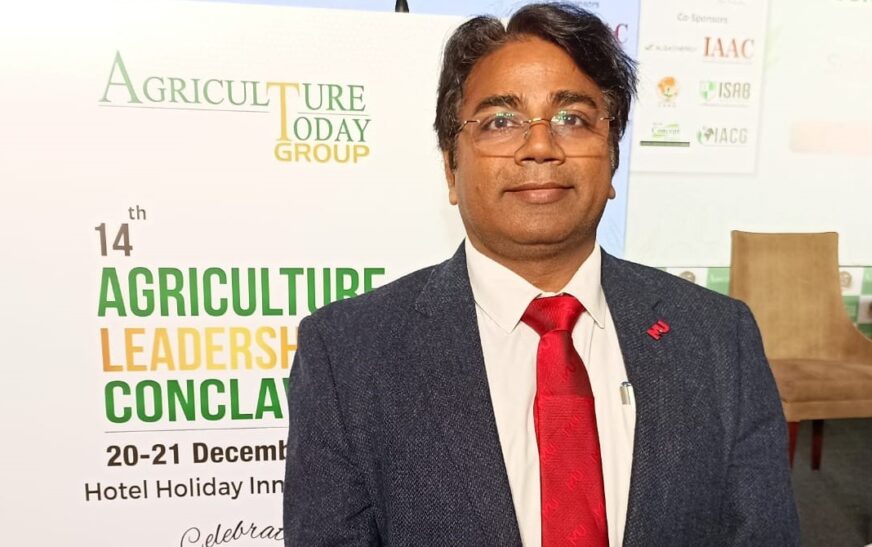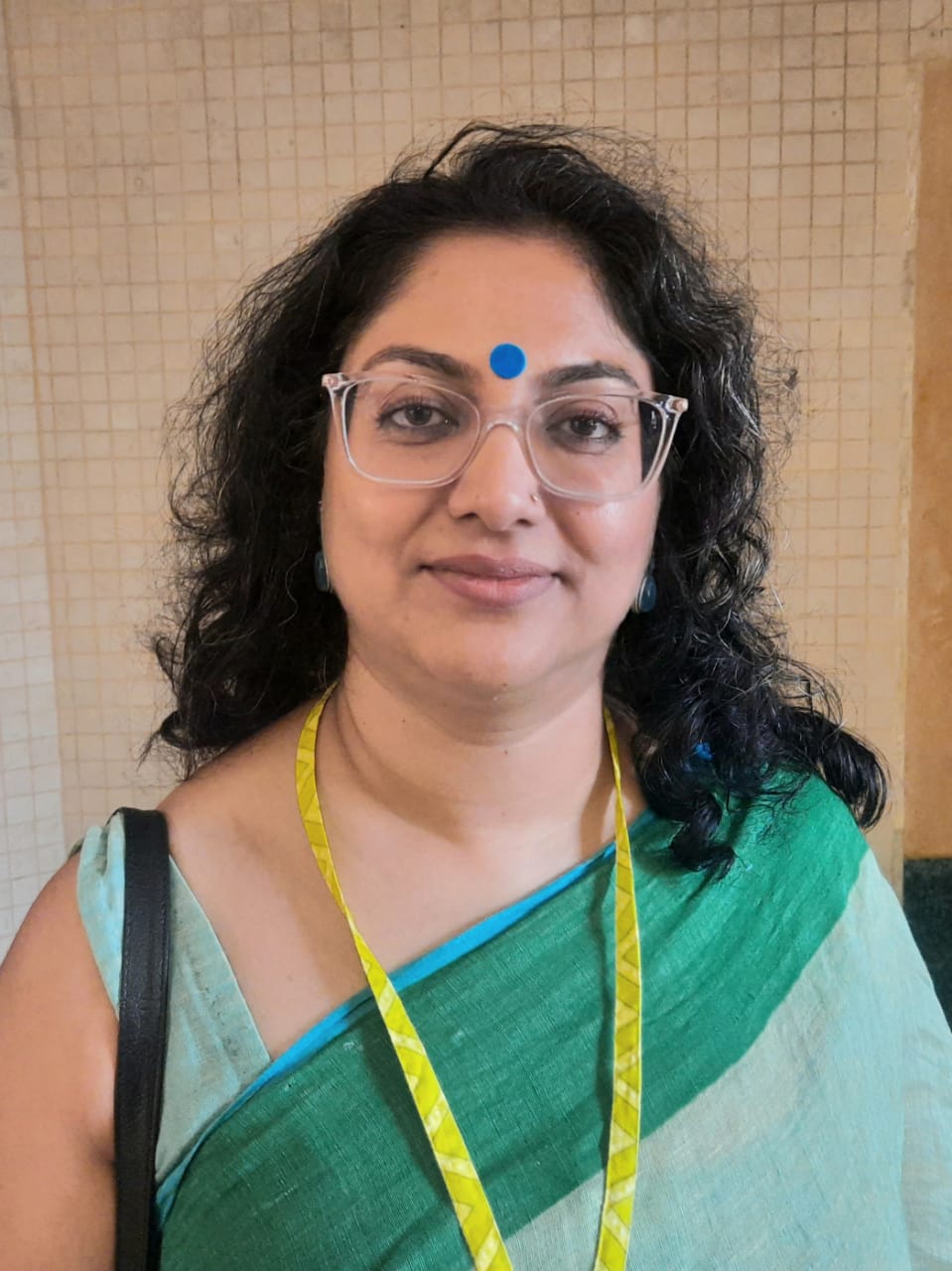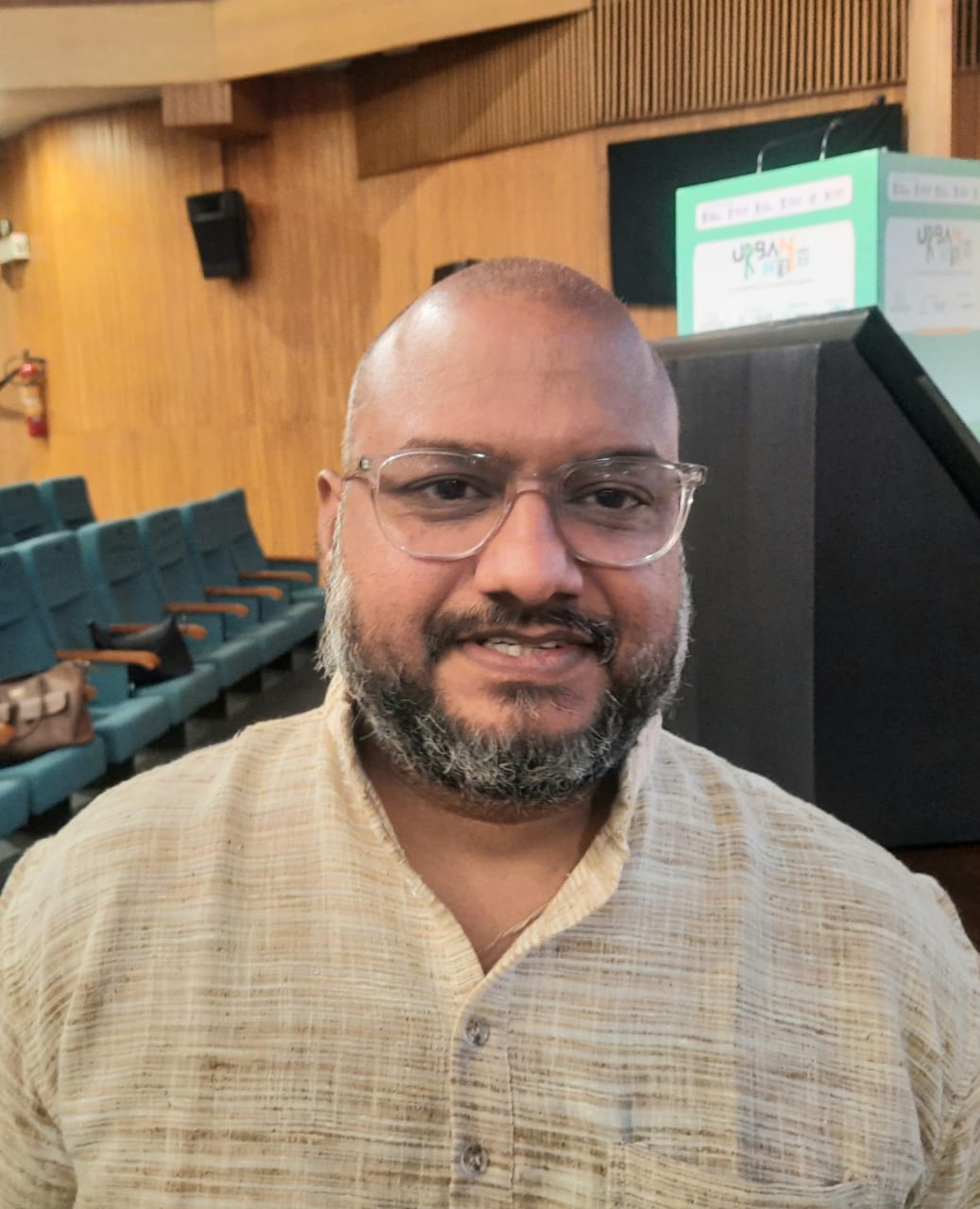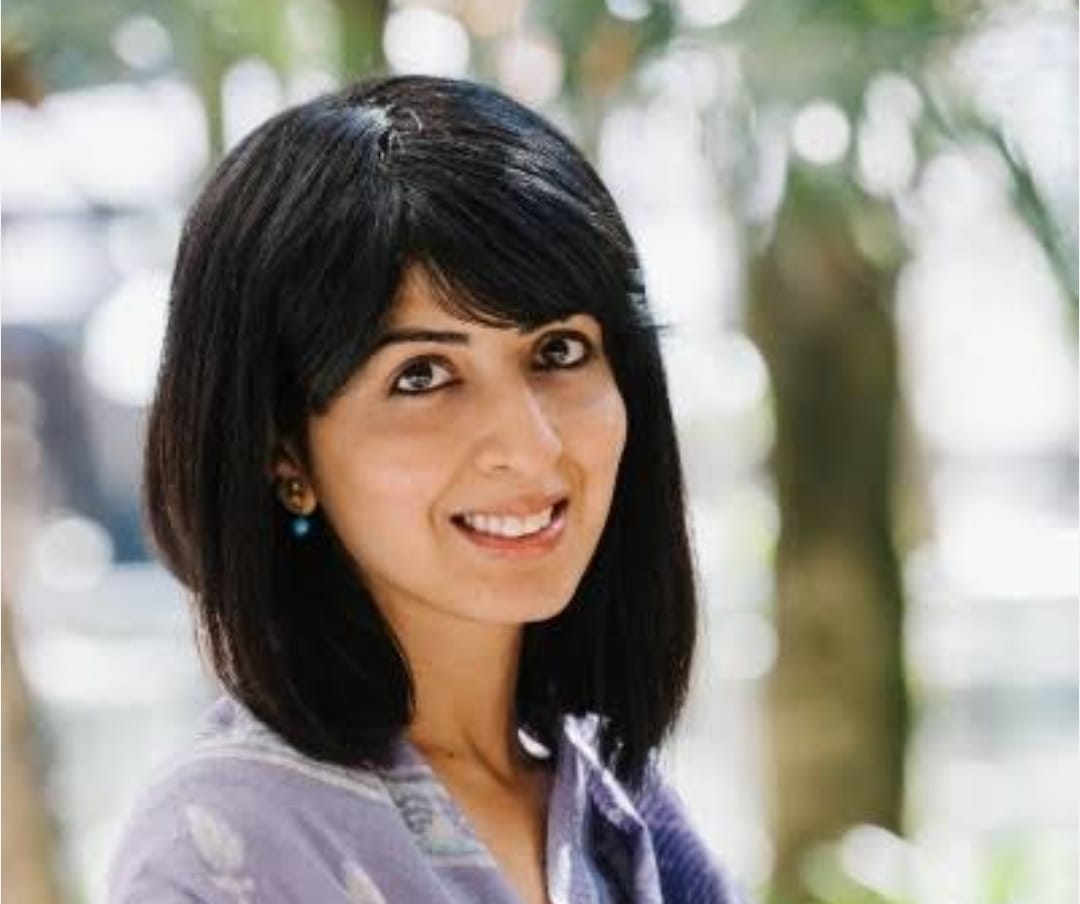Prof. Rajeev Varshney FRS, currently holds the prestigious International Chair in Agriculture & Food Security at Murdoch University in Australia. Before his tenure at Murdoch University, he dedicated over 16 years of his career to the International Crops Research Institute for the Semi-Arid Tropics (ICRISAT), a globally renowned agricultural R&D institute.
During his tenure at ICRISAT, Prof. Varshney assumed various scientific and research leadership roles, notably serving as the Research Program Director for three significant global research programs – Grain Legumes, Genetic Gains, and the Accelerated Crop Improvement Program. He also shouldered the responsibility of establishing and nurturing the Center of Excellence in Genomics & Systems Biology (CEGSB) at ICRISAT, a globally recognized center for genomics research. This center made substantial impacts on agriculture and human resource development in countries such as India, China, Kenya, Ethiopia, Tanzania, Nigeria, Ghana, Mali, Senegal, Burkina Faso, and others.
Globally acknowledged for his expertise, Prof. Varshney has played a pivotal role in genome sequencing, cataloging genetic diversity, genomics-assisted breeding, seed systems, and capacity building in developing countries. His contributions have been central to enhancing food and nutrition security in India and several African and Asian countries. Through the assembly of genomes, development of genomic resources, and integration of genomic technologies, he has delivered superior crop varieties to some of the world’s economically disadvantaged farmers.
In recognition of his outstanding contributions, Prof. Varshney has been elected as a fellow to more than 10 science and agriculture academies and societies in India, Germany, the USA, and Africa. His remarkable research work has been honored with over 30 prestigious awards, including the Shanti Swarup Bhatnagar Prize, Rafi Ahmed Kidwai Award from India, and the International Crop Science Award from the USA.
Furthermore, Varshney holds Adjunct/Honorary/Visiting Professor positions at 10 esteemed academic institutions across Australia, China, Ghana, Hong Kong, and India. These include The University of Western Australia, University of Queensland, West Africa Centre for Crop Improvement (University of Ghana), University of Hyderabad, Chaudhary Charan Singh University, and Professor Jayashankar Telangana State Agricultural University.
Talking to The Interview World, Prof. Rajeev Varshney sheds light on new technologies in agriculture and rapid delivery systems to ensure food security and enhance farmers’ income. Here are the insights from his discussions.
Q: What kind of new technologies in agriculture do the farmers need to ensure food security in India?
A: India, as a nation, faces the crucial task of not only providing food to its vast population but also ensuring nutritional well-being, especially in the context of climate change. However, the existing approaches fall short, necessitating the adoption of innovative strategies and technologies. We need a robust mechanism to boost food production and delivery.
In my perspective, India has the potential to take the lead in two pivotal areas. Firstly, there is a pressing need for a rapid discovery system, leveraging cutting-edge technologies such as genomics. This involves decoding the genomes of various crops to pinpoint genes responsible for traits like drought resistance, disease tolerance, and nutritional content. Subsequently, these identified genes can be incorporated into breeding processes through genomic-assisted breeding, genetic modification, or gene editing. The ultimate goal is to employ these technologies meticulously, yielding high-quality, high-yield, and nutrient-rich crop varieties.
Moving on to the second point, the subsequent challenge lies in the rapid delivery of these advanced varieties to farmers in real time. A comprehensive rapid delivery system encompasses several key steps. Initially, farmers should gain immediate access to these varieties, eliminating the traditional waiting periods of five to ten years. Once equipped with the seeds, farmers require precise agronomy packages detailing irrigation schedules, fungicides, and other essential practices to maximize the potential of genetic advancements and agronomic practices.
Moreover, the journey doesn’t end with higher crop yields. Connecting farmers to the market in an efficient manner is equally vital. This involves providing farmers with access to digital technology tools and platforms and addressing issues related to post-harvest losses. Empowering farmers to make informed decisions about when and where to sell their crops enhances their agency in the market.
Finally, recognizing the importance of value addition, Indian farmers should establish connections with value-addition industries. This strategic move allows farmers to sell their products at premium prices, fostering a more lucrative market environment.
In conclusion, by embracing a dual strategy of rapid discovery and rapid delivery, I firmly believe that India can successfully address the multifaceted challenges in the realms of food security and nutrition.
Q: Beyond technologies, what other areas do you suggest to farmers to adopt?
A: Crop diversification holds significant importance. In, Australia, the cropping system is predominantly centered around wheat and barley. Despite this, there is a continuous discourse on integrating legumes into the cropping system. However, the challenge lies in ensuring the profitability of these crops for growers, a concern shared by both Australia and India. Addressing this aspect becomes crucial. We need to explore strategies for enhancing the profitability of crops for farmers.
Q: How do you assess the R&D in the agriculture sector in India?
A: Over the past 10-15 years, India has made significant progress. However, a crucial issue persists, particularly in the agricultural sector, primarily involving smallholder farmers. Despite this, our government’s investment in research and development (R&D) remains below the optimal level, less than 1% of the GDP, while the world average is 1.8%.
To bolster our economic growth, we must escalate this investment. Furthermore, attracting the private sector is pivotal. In contrast to sectors like space exploration, where India has seen substantial private investment, the agricultural domain lags. We must bridge this gap and encourage private investment in agriculture as well.
Taking cues from countries like China, South Korea, and other developed nations, it becomes evident that their investment rates are notably higher. India needs to adopt a similar approach and significantly amplify its investment efforts. Essentially, we must allocate a larger percentage of our GDP to these critical sectors. This is not merely a suggestion but a vital necessity for the country’s progress.
Q: What’s your message for the young innovators in the AgriTech space?
A: This point holds immense significance, as the younger generation has the potential to transform the entire agricultural landscape. Whether emerging from research and development (R&D) or as entrepreneurs, these young innovators now wield the future in their hands. Consequently, it is imperative for our country, including policymakers and leaders, to pay heed. The younger generation must not only welcome these ideas but also actively implement them across various domains such as R&D, business, and entrepreneurship. This trajectory is the path to our future, and we must align ourselves in this direction.










18 Comments
Great Rajeev
Keep it up
Keep it up Rajeev
great work sir keep it up.
This post is so inspiring. It’s motivated me to take action.
You are my breathing in, I have few blogs and often run out from to post .
Hello.This article was really remarkable, especially because I was investigating for thoughts on this issue last Saturday.
I just like the helpful information you provide in your articles
Wonderful website. Plenty of helpful information here. I?¦m sending it to some friends ans additionally sharing in delicious. And of course, thanks for your effort!
Your post is exactly what I needed to read today. It’s clear, concise, and packed with valuable information. I appreciate how you addressed common challenges and provided solutions—it’s so refreshing to see content this practical and relatable.
I savor, result in I found exactly what I used to be looking for.
You’ve ended my four day long hunt! God Bless you man. Have a nice day.
Bye
I just like the helpful information you provide in your articles
You’re so awesome! I don’t believe I have read a single thing like that before. So great to find someone with some original thoughts on this topic. Really.. thank you for starting this up. This website is something that is needed on the internet, someone with a little originality!
Thank you for starting this thread, it’s been very informative so far
I’ve been following your updates closely, keep up the awesome work
Thank you for your wonderful efforts, which have immensely impacted us along the way.
It’s the best time to make some plans for the future and it is time to be happy. I’ve read this post and if I could I wish to suggest you some interesting things or tips. Perhaps you can write next articles referring to this article. I desire to read more things about it!
Exciting news, can we expect more updates soon
Some truly interesting info , well written and broadly user friendly.
Comments are closed.